Iran rejects EU-GCC claims on Persian Gulf islands
Tehran has rejected anti-Iran claims raised by foreign ministers of the Persian Gulf Cooperation Council (GCC) and the European Union (EU), reiterating full sovereignty over the three Persian Gulf islands of Abu Musa, the Greater and Lesser Tunbs.
Speaking on Wednesday, Iranian Foreign Ministry spokesman Nasser Kna’ani once again emphasized the country’s principled and permanent position on the trio of islands, saying they are “an integral and eternal part of the soil of the Islamic Republic of Iran.”
The remarks came after the 27th GCC-EU Joint Council and Ministerial Meeting, which was held in the Omani capital Muscat on October 9-10, said in a final statement that it is concerned about a lack of progress towards resolving the dispute between the United Arab Emirates and Iran over the three islands.
The three Persian Gulf islands of Abu Musa, the Greater and Lesser Tunbs have historically been part of Iran, proof of which can be found and corroborated by countless historical, legal, and geographical documents in Iran and other parts of the world. However, the United Arab Emirates has repeatedly laid claim to the islands.
The islands fell under British control in 1921 but on November 30, 1971, a day after British forces left the region and just two days before the UAE was to become an official federation, Iran’s sovereignty over the islands was restored.
Also in their statement, the GCC and the EU ministers urged Iran to fulfill its nuclear obligations and cease the alleged “proliferation of ballistic missiles and unmanned aerial vehicles and other weapons”.
Kan’ani dismissed the accusations about its peaceful nuclear and defense activities.
“The Islamic Republic has always adhered to international law and commitments … and continues its constructive cooperation with the International Atomic Energy Agency (IAEA) based on the Comprehensive Safeguards Agreement,” he added.
He also noted that Iran’s “military and defense power is in line with enhancing deterrence, maintaining national security and strengthening regional stability.”
The diplomat further expressed Iran’s firm resolve towards a stable, safe and prosperous region through cooperation with its neighbors and without foreign interference.
Iran has been playing a security-building role in the region by fighting against terrorism and consolidating maritime security, he asserted.
Kan’ani also referred to the destructive interference of certain European countries in the Persian Gulf region, saying they have sold billions of dollars of weapons to the regional states in an attempt to prolong tensions and gain commercial benefits.
Regional developments in recent months are “promising,” he said, describing continued diplomacy and dialogue as the best way to strengthen cooperation in line with common interests.
BBC bars use of ‘kidnapping’ to describe Maduro’s kidnapping
VIDEO | International cartoon, poster contest 'Online Terror' unveiled in Tehran
VIDEO | Venezuela installs interim president after US kidnapping of Maduro
Iran FM urges world, UN to voice decisive opposition to attack on Venezuela
VIDEO | Moscow vows revenge
Sanctions slow Iran’s 5G expansion despite growth in network rollout
VIDEO | Chinese, South Korean presidents hold summit amid global outcry against US
Israel pushes to keep Gaza closed to foreign media


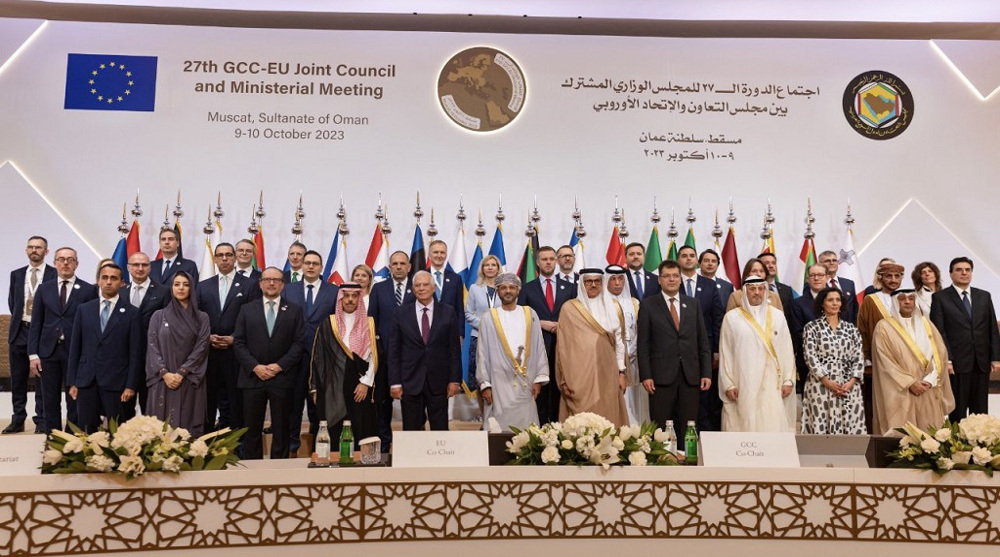
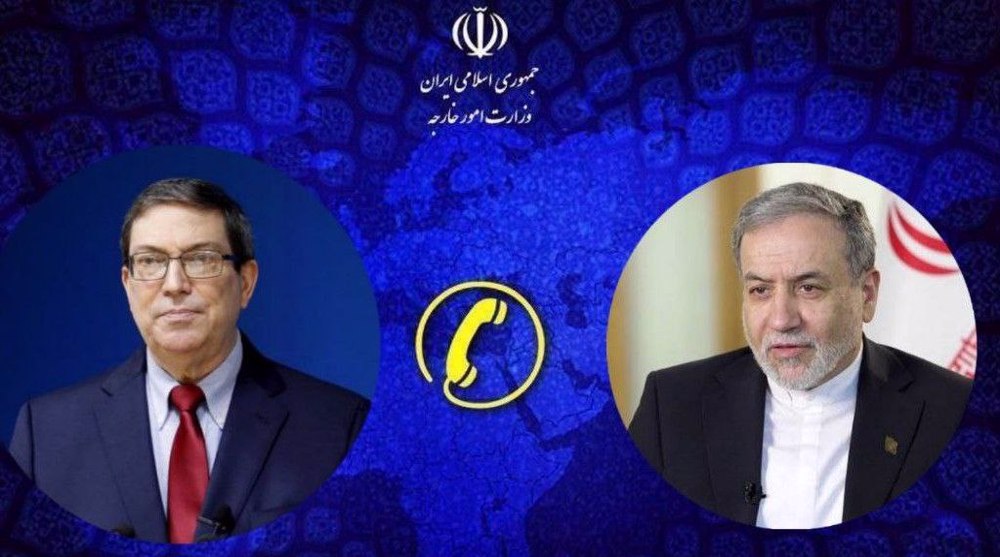
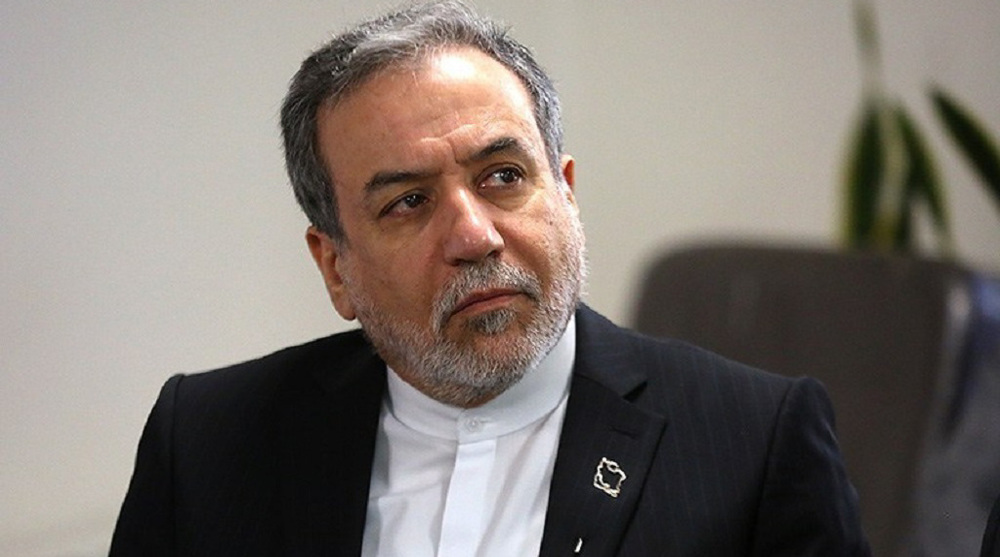
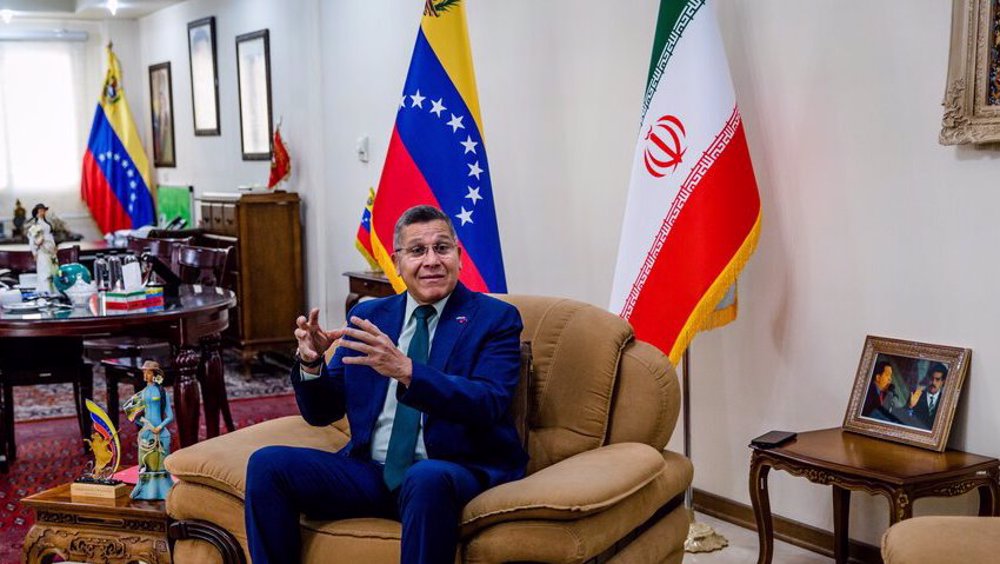



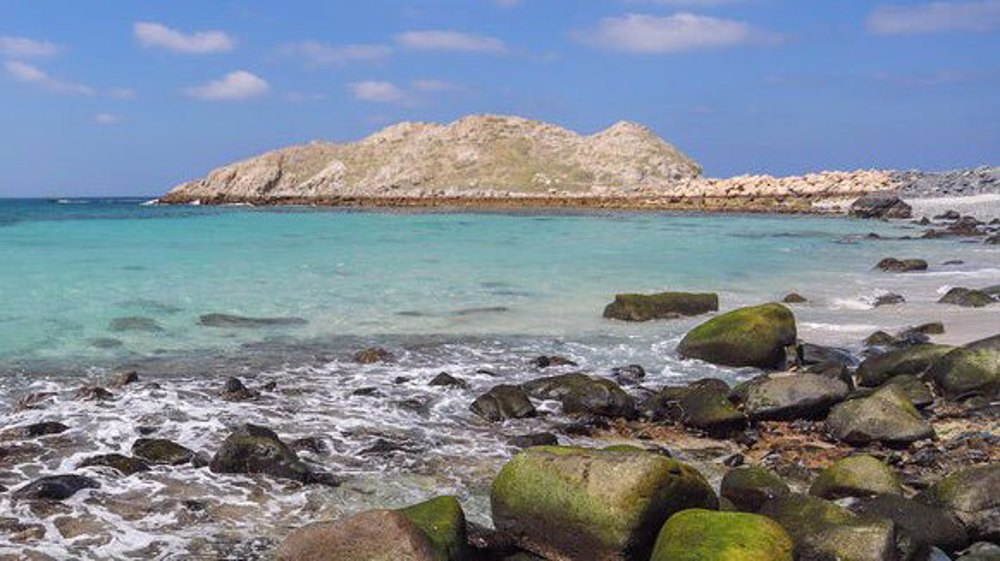
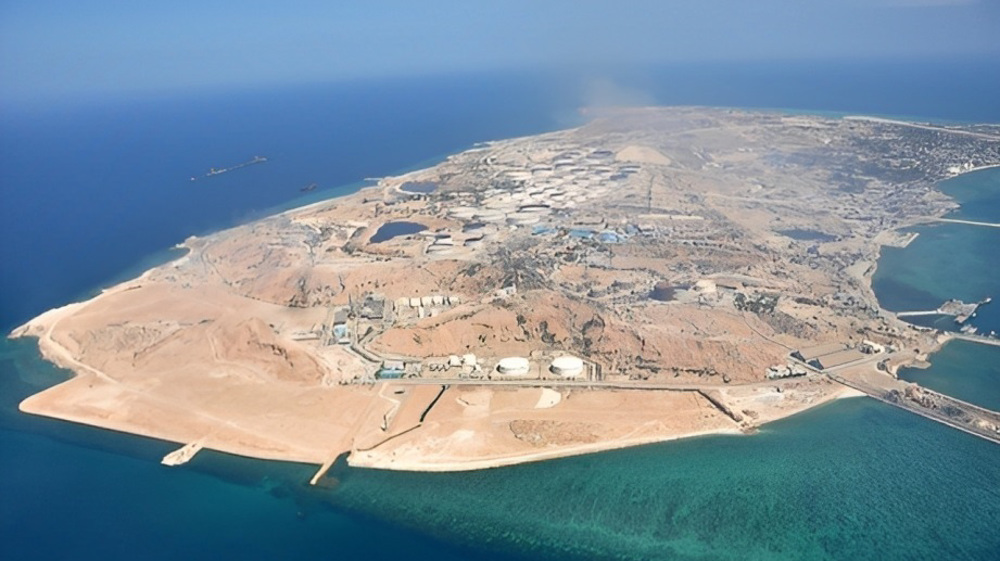
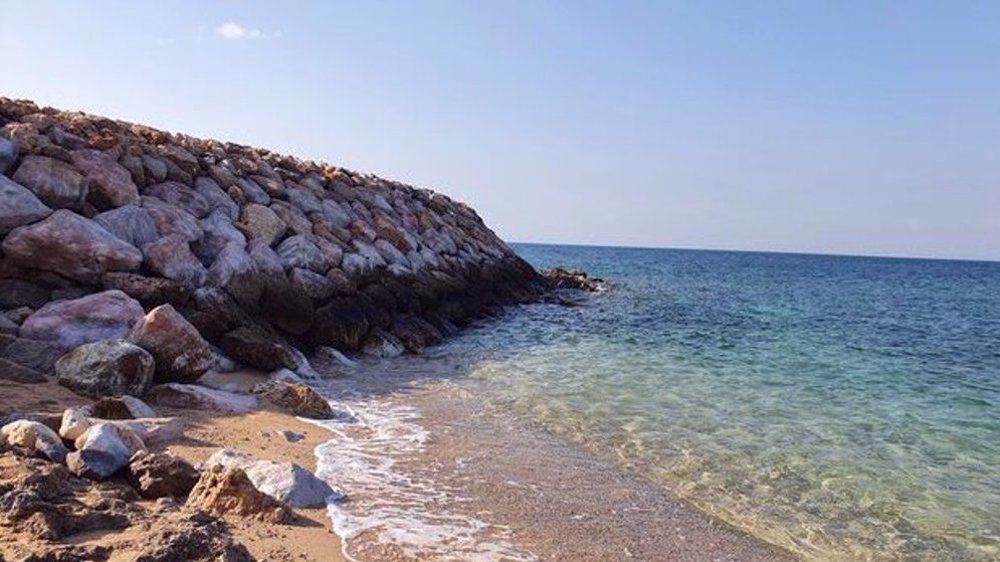
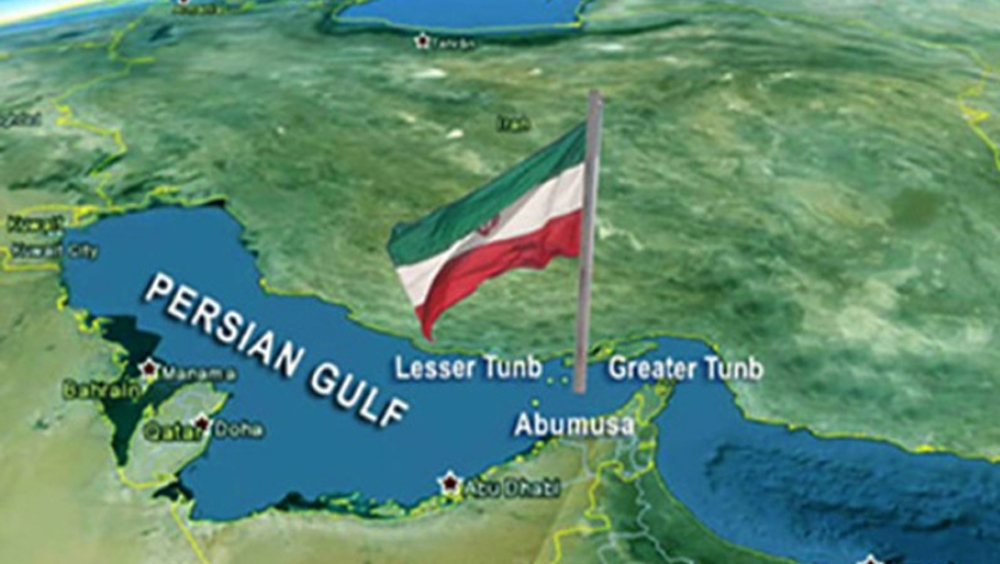
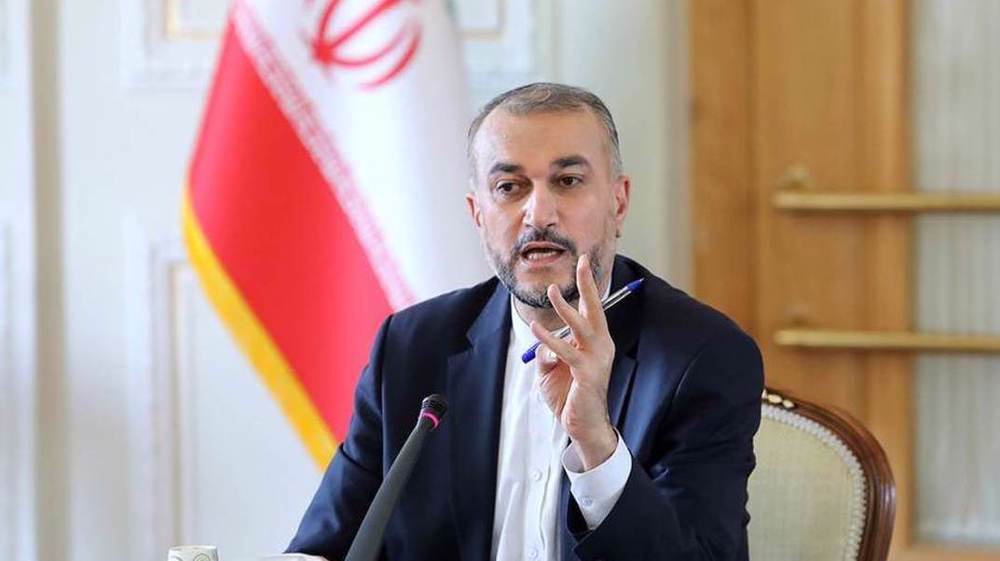

 This makes it easy to access the Press TV website
This makes it easy to access the Press TV website